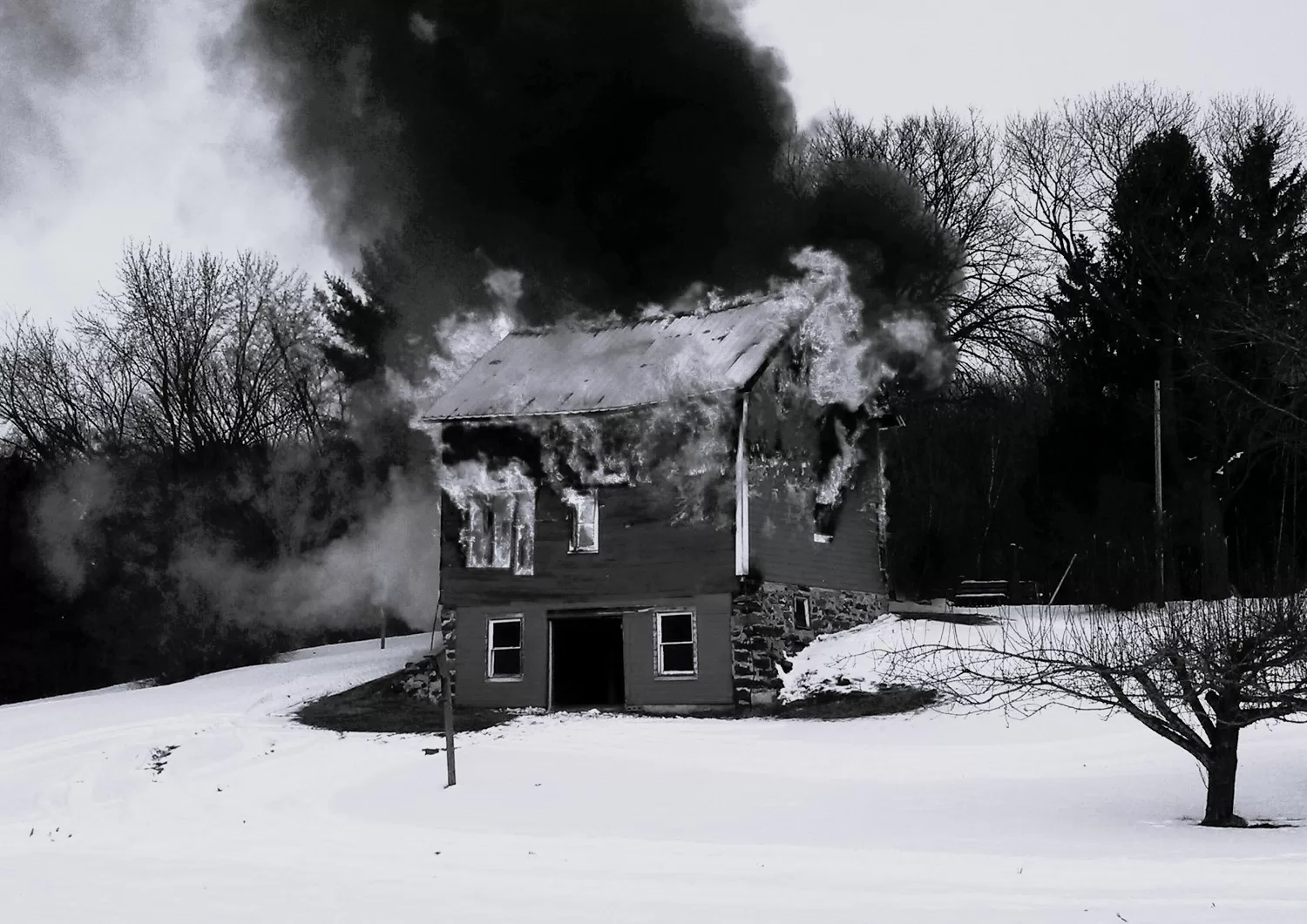My Uncle’s Farm I recollect particulars by the dozen, But late in life I yearn to shift the sensory into some higher realm. I dream this would make the life whole. Everything, however, resists translation from quiddity: whiff of the barn all year; long shadows of cornstalks, summer receding; spring pastures pocked by woodchucks; airborne crystals of frost at dawn; in autumn, an owl high up in the loft; the landscape’s dells and hollows, each familiar to me as any...

